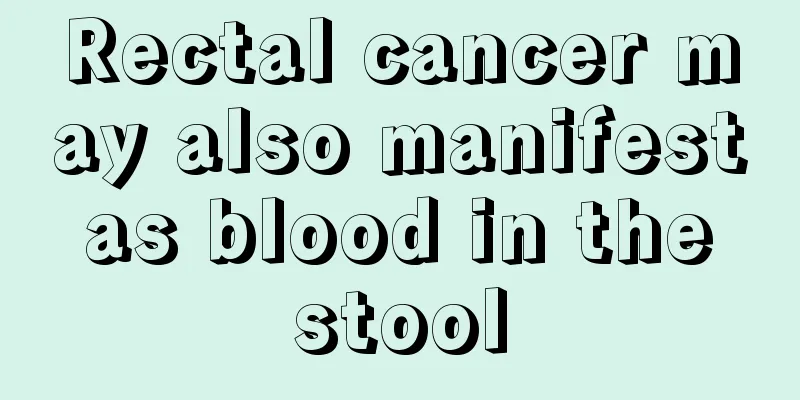What to do if blisters appear after being scalded

|
There are often some unexpected things happening in life. For example, when cooking in the kitchen, it is easy to get scalded by hot water or hot soup. Some people will get blisters after being scalded. It is estimated that many people have had this experience. After being scalded, immediately rinse the scalded area with cold water. This can reduce the damage of high heat to the body. Also, be careful not to apply soy sauce or miso or other substances on the scalded area. Blisters are a sign of second-degree burns When blisters quickly form on the injured area after a patient is scalded or burned, burn doctors will generally classify such symptoms as second-degree burns or superficial second-degree burns. Although some patients develop blisters after being scalded or burned, they do not feel much pain. Doctors also ask everyone not to prick the blisters with needles, and not to drain the water inside after pricking the blisters, because doing so can easily lead to bacterial infection. Second-degree burns are clinically divided into two types: superficial second-degree burns and deep second-degree burns. 1. Superficial second degree burns: Superficial second-degree burns are dermal injuries, and their clinical manifestations include obvious local redness and swelling of the affected area, the formation of blisters of varying sizes, and yellow plasma-like fluid or protein coagulation colloid. When the blisters rupture, a flushed wound surface can be seen. The texture is soft and the temperature is high, and the patient feels severe pain. 2. Deep second degree burns: Deep second-degree burns are deep injuries to the dermis with some skin appendages remaining. The clinical manifestations are smaller or flatter blisters, slightly dull sensation, and slightly lower skin temperature. Should burn blisters be popped? After a scald, small blisters appear on the local skin, which is generally a shallow second-degree burn. The main substances in these blister fluids are electrolytes, glucose, fibrin, etc. These nutrients combined form a good culture medium for bacteria. Therefore, if blisters are not handled properly, it can easily lead to wound infection. Whether to pop the blisters caused by burns depends on the situation. Generally speaking, small blisters do not need to be punctured. Keep the area dry. The blister skin is a good protective film that can prevent infection. It is best to let it absorb and heal on its own. Standard treatment methods for larger blisters: After local disinfection, use a sterile syringe to aspirate the blister fluid or use a needle to pierce the epidermis at the lowest point of the blister to release the fluid, and gently squeeze it with a sterile cotton swab to allow the blister fluid to fully flow out at the low position while retaining the blister epidermis. Then bandage it with a sterile dressing. Keeping the local area clean and dry will help it heal faster. If you follow the above steps, the blisters will soon scab, dry and heal themselves. If the blisters are contaminated and become infected, seek medical attention immediately. |
<<: The stool is granular and contains mucus
>>: What to do when you frown while sleeping
Recommend
What to do if there is phlegm in the throat and I can't cough it out
The situation of having phlegm in the throat that...
What should I do if my marriage is unhappy?
Many people who are in marriage feel that their m...
What to eat after meniscus surgery?
In life, no matter it is a major operation or a m...
I suddenly have body odor but the smell is not strong, what's going on?
The sudden appearance of body odor is quite commo...
Can eight-month-old babies eat yogurt?
When the baby is eight months old, you can add so...
Sinusitis migraine
Sinusitis, a more serious rhinitis, is particular...
Bedtime yoga for beginners
Bedtime yoga refers to yoga done before going to ...
How many days is the best for the first time of fasting? The most important thing is to proceed step by step
Bigu fasting is a very popular method of health p...
What are the conservative treatments for brain tumors?
When it comes to the treatment of brain tumors, w...
What are the symptoms of poor blood circulation in the legs
Poor blood circulation in the legs, common sympto...
What is the use of expired pure milk
Do not drink expired pure milk. Using expired pur...
How to do a head radiography
When a disease occurs in the head, there are many...
How to diagnose thyroid cancer
How to diagnose thyroid cancer? As a common malig...
Is right ethmoid sinus osteoma serious? Can it be cured? How long can I live?
Right ethmoid osteoma is a relatively rare benign...
What are the first-choice drugs for rheumatoid arthritis
Rheumatoid arthritis is more common in middle-age...









